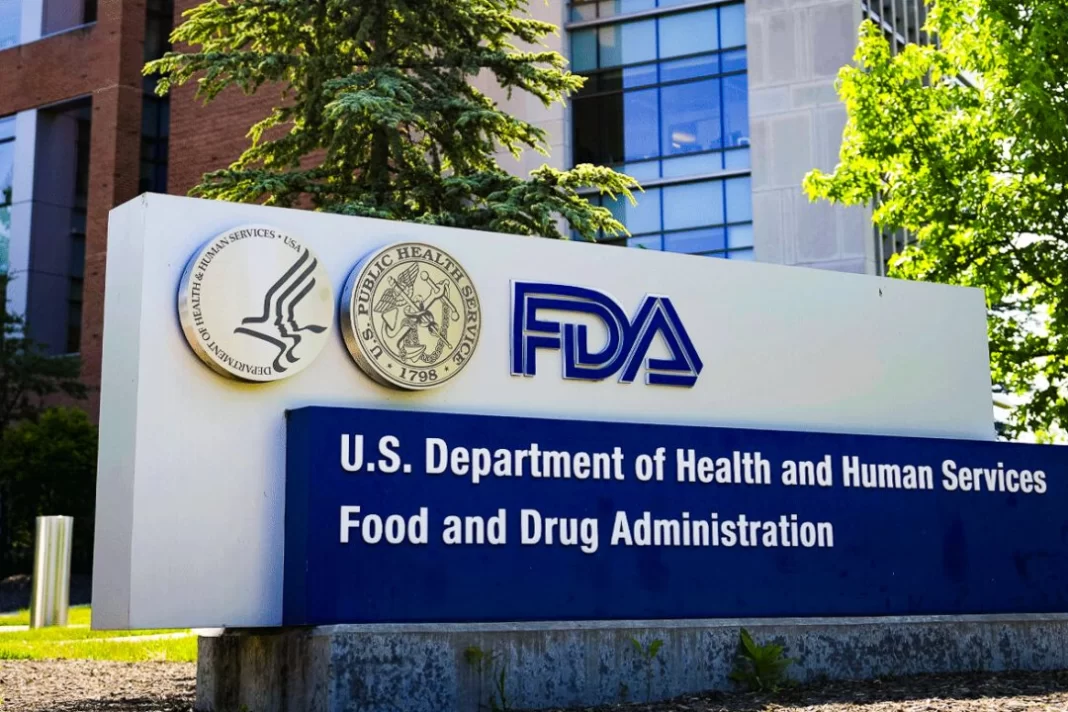The medication, a lower-cost alternative to the brand-name drug Victoza, aims to improve blood sugar control when used alongside diet and exercise.
The U.S. Food and Drug Administration (FDA) has approved the first generic version of a daily injectable GLP-1 medication for patients aged 10 and older with Type 2 diabetes.
The medication, a lower-cost alternative to the brand-name drug Victoza, or liraglutide, aims to improve blood sugar control when used alongside diet and exercise. The approval was granted to Hikma Pharmaceuticals, a British company.
The FDA approved the drug as certain GLP-1 medications, including liraglutide, face ongoing shortages. The generic version is expected to expand access for patients managing diabetes, which affects more than 38 million Americans, according to federal health data.
Dr. Iilun Murphy, director of the FDA’s Office of Generic Drugs, said the FDA supports the development of generic drugs, such as GLP-1s, by funding research and informing industry through guidance.
“Generic drugs provide additional treatment options which are generally more affordable for patients,” he said in a statement. “Today’s approval underscores the FDA’s continued commitment to advancing patient access to safe, effective and high-quality generic drug products.”
Type 2 diabetes, the most common form of the disease, is deemed a chronic condition that develops when the body struggles to use insulin effectively, leading to high blood sugar levels. While it is most common in adults, it is increasingly being diagnosed in children and teens.
Safety Warnings and Risks
The FDA detailed a number of risks associated with liraglutide that will be included as warnings on the box.
These include an increased chance of thyroid C-cell tumors. Patients with a personal or family history of medullary thyroid carcinoma or multiple endocrine neoplasia syndrome Type 2 should not use the medication.
The drug is also linked to serious complications such as pancreatitis, which involves inflammation of the pancreas and can be life-threatening. Patients with kidney problems should use caution, as the medication can lead to renal impairment or kidney failure.
Additionally, cases of gallbladder disease, including gallstones and inflammation, have been reported.









